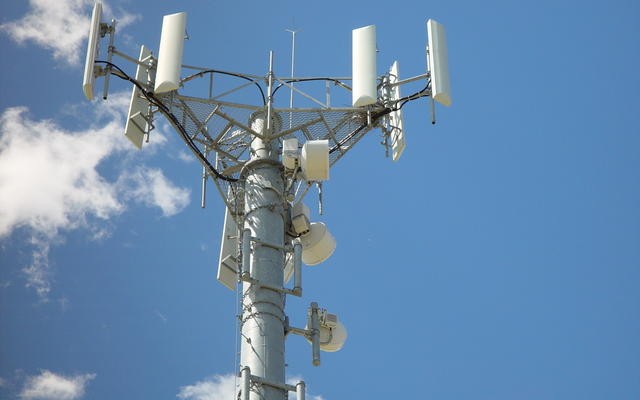The merger of Bharti Infratel with Indus Towers – two leading telecom tower companies, reflects competition in the Indian telecoms market, Fitch Ratings said.
Fitch Ratings said it does not anticipate any change in Bharti Airtel’s BBB- rating, as the deconsolidation of 54 percent-owned Bharti Infratel’s $300 million EBITDA and $1 billion in net cash will be offset by cash dividends and liquid equity value in the merged tower entity. Deconsolidation of Bharti Infratel will begin in the financial-year ending March 2020 (FY20), once regulatory approvals are obtained.
Vodafone and Idea Cellular — which own 42 percent and 11.1 percent stake in Indus Towers, respectively — are merging as a result of the entry of Reliance Jio into the Indian mobile services market.
Vodafone and Idea Cellular have already sold off towers managed outside Indus Towers for $1.2 billion.

Vodafone and Idea Cellular, the number two and three operators, may look to support their balance sheets further by selling down their stake in the merged tower entity. Idea Cellular has raised another $1 billion through a combination of equity infusion by its parent and a private equity placement.
Bharti Airtel, which owns 23 percent effective stake in Indus Towers through Bharti Infratel, is facing the music because of Reliance Jio.
Airtel reported 9 percent drop in total revenue and 13 percent fall in EBITDA as blended average revenue per user (ARPU) fell 27 percent to INR116 or $1.8 last quarter. FFO adjusted net leverage deteriorated to 2.1x (FY17: 1.9x) – excluding $6.6 billion in deferred spectrum costs.
Fitch Ratings said Airtel may explore selling its stake in the merged tower entity, reflecting its commitment to maintaining an investment-grade rating amid competitive pressures. Airtel has already sold 18.5 percent stake in Bharti Infratel for around $1.8 billion over the last 24 months.
Airtel’s revenue and EBITDA will rebound in FY 2019, driven by a likely improvement in Indian mobile ARPU as data usage and tariffs rise.
Airtel will continue to have negative FCF during FY 2019, as cash flow from operations will be insufficient to fund the higher Capex of around $4 billion to support strong growth in data traffic and to compete against Jio.
Fitch Ratings said Indian telecom services industry revenue growth will be in the mid-single-digits in 2018, following a decline in 2017.





